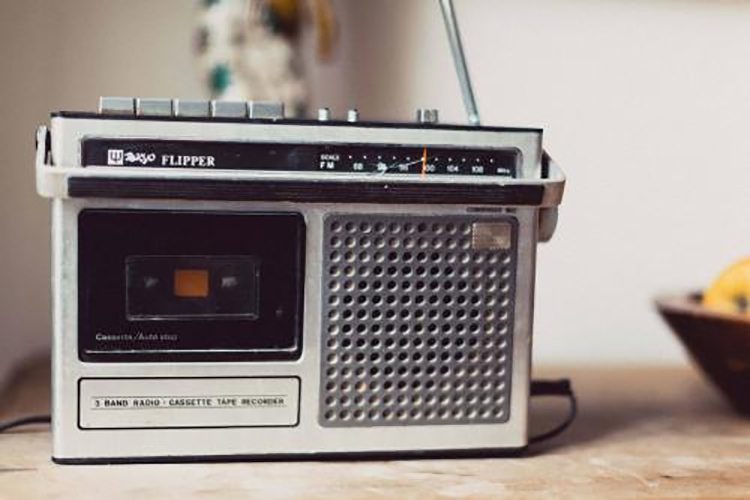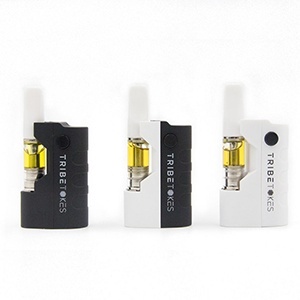by Henry Goodwin
No, The Buggles, video has not killed the radio star. Almost weekly, proponents of radio seem to be fighting against the medium’s prolonged death knell. Every new development in digital music has been characterised as the straw that will break radio’s back once and for all – and yet, here we are today, still alive and still thriving.
I should probably make clear now that I’m quite biased in my feelings towards radio. For me, it’s not only a treasured means of entertainment, but it’s also been a hobby and a passion for me at university. My involvement with Cam FM, where I’ve presented a gloriously pretentious music show over the past two years,
has coloured me as one who will endlessly argue for radio’s usefulness and significance in the face of those who believe it is obsolete.
Statistically, the reading is not pleasant. Last year, the BBC’s flagship station Radio 1 saw its audience drop to its lowest level for more than a decade, losing some 830,000 listeners in the year according to The Guardian. Its digital sister station, 1Xtra, did not fare much better, its listenership falling by around 25 per cent. The general consensus for mainstream radio’s dwindling listening figures points the finger squarely at the Internet, and the ever-increasing prominence of digital platforms for enjoying content online. For younger people in particular, the question of whether to listen to a fuddy-duddy DJ recycling the latest chart hits or to curate their own playlists on Spotify or Apple Music must be something of a no-brainer. Who knows best what the individual wants to listen to, than the individual themselves?
This is no bad thing, as the quality of digital radio and podcasts has never been better. From a personal perspective, I enjoy radio almost exclusively online. Digital radio continues to get better and better, particularly musically; one need only look at Apple’s new Beats 1 station to see how important radio continues to be for the artists themselves, with big-hitters Drake, Run The Jewels and Stormzy hosting their own shows on the platform.
I am adamant that there is no better way to hear new or alternative music than via the radio. There is something so satisfying and surprising about hearing a great new track for the first time across your radio. It’s impossible to recreate the frantic Shazam-ing on hearing a new banger, or the shouts of “tune!†that erupt when the DJ spins an old favourite. However it’s not just from a musical standpoint where radio shows its worth. In sporting coverage too, following via the radio is a unique and thrilling experience. One need only look at the rampant popularity of Test Match Special, the BBC’s live cricket coverage at the moment, to see the cult following that a brilliant radio production can inspire. To hear the ceaselessly eloquent Jonathan Agnew struggling to describe the loutish behaviour of the Barmy Army on tour, or Geoffrey Boycott’s Yorkshire drawl lamenting how everything was ‘much tougher in his day’ is an entertainment experience that can’t be replicated on television.
I suppose what makes radio so special to me, above all else, is its intimacy. This was most clear when news of David Bowie’s death broke a couple of weeks ago. With tributes pouring in across Twitter and journalists scrambling to pen obituaries and analysis, I switched on BBC Radio 6 Music and listened as prominent and professional DJs struggled to process the news. Listening to Lauren Laverne fighting back tears while working her way through highlights of Bowie’s back catalogue was simultaneously gut wrenching and uplifting.
Radio’s best quality is its humanity; its unique ability to communicate directly with the listener, and for the listener to respond in turn makes switching on the radio feel like entering into a dialogue with the DJ. This, for me, is why radio is such a treasured medium, and why it will never be obsolete. It’s going to take a lot more than video to kill the radio star.



















